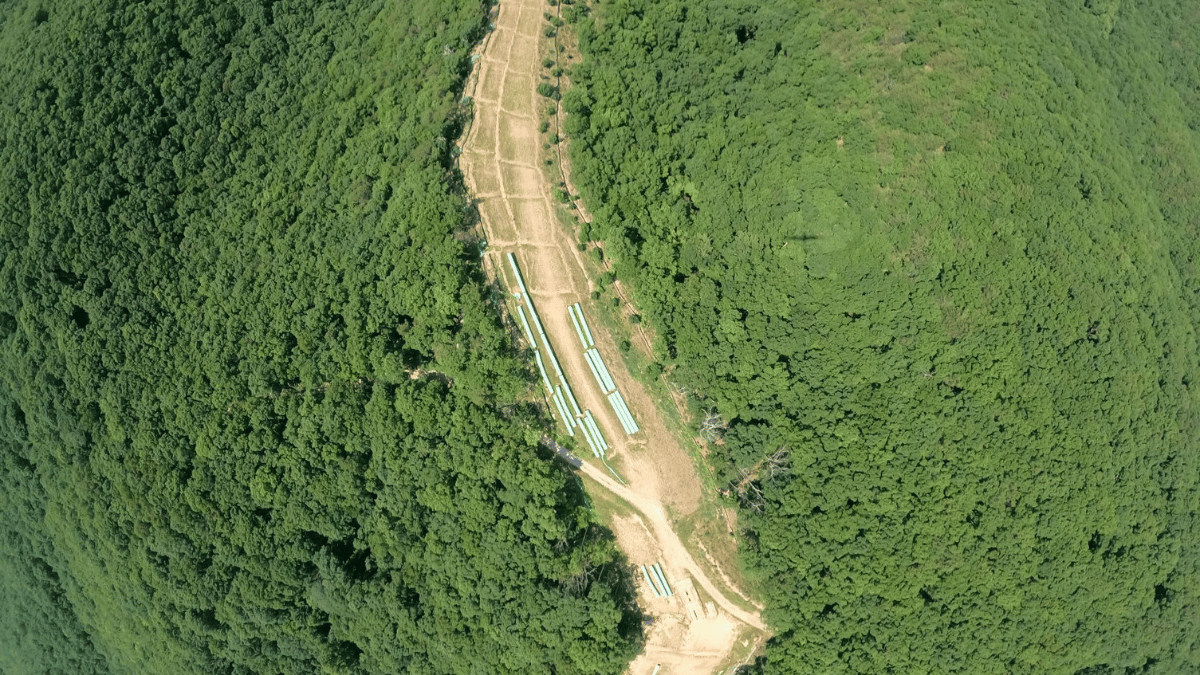West Virginia has thousands of abandoned oil and gas wells that need to be capped.
The state Department of Environmental Protection has identified more than 4,000, some of them more than a century old.
The wells contaminate soil and groundwater and release methane into the atmosphere. Methane is a greenhouse gas that’s 25 times more potent than carbon dioxide.
According to federal estimates, the methane released from these wells annually is equivalent to burning as much oil as the nation produces in a day.
A bipartisan infrastructure bill the U.S. Senate approved over the summer would provide about $4.7 billion to cap these problem wells.
The House of Representatives has not yet voted on the legislation. It’s tied up because lawmakers are still negotiating the size and scope of President Joe Biden’s jobs plan.
Ted Boettner, senior researcher at the Ohio River Valley Institute, says the bill would benefit West Virginia’s economy and environment.
“This infrastructure bill offers an enormous opportunity for the state of West Virginia and Appalachia as a whole to plug thousands of wells and put thousands of people to work,” he said, “and address climate change.”
But is the state’s inventory of orphaned oil and gas in the state accurate? Boettner said the actual number could be staggering.
“The real answer to that question is we don’t exactly know,” he said, “because we’ve never tried to go out and document all of them.”
Some wells are so old, there’s no documentation of their existence. The state has limited resources to track the ones it knows about, much less find others.
“In West Virginia, there could be hundreds of thousands of them,” Boettner said. “So it’s really just the tip of the iceberg.”
Orphaned wells can be costly to fix. Boettner says on average, it costs $55,000 to cap a well, usually with concrete. Depth is a major factor driving the cost.
Horizontally drilled wells, like those used to produce oil and gas through hydraulic fracturing, could cost as much as $250,000 each.
While the state has a program to deal with abandoned wells, it’s small relative to the size of the problem.
In the long term, Boettner calls for the creation of a program for oil and gas wells similar to the Abandoned Mine Lands fund. The fund is supported by a tax on coal production.
A fee on oil and gas extraction could support a fund to cap oil and gas wells, he says.
For now, West Virginia will need to rely on the help that’s in the infrastructure bill.
